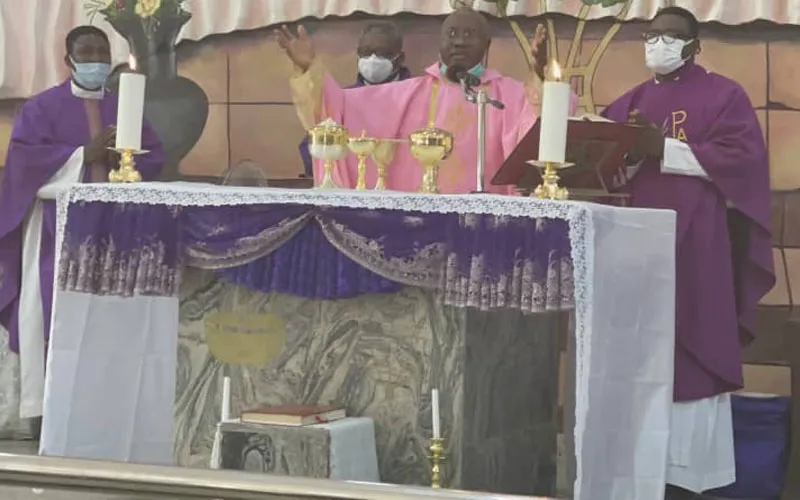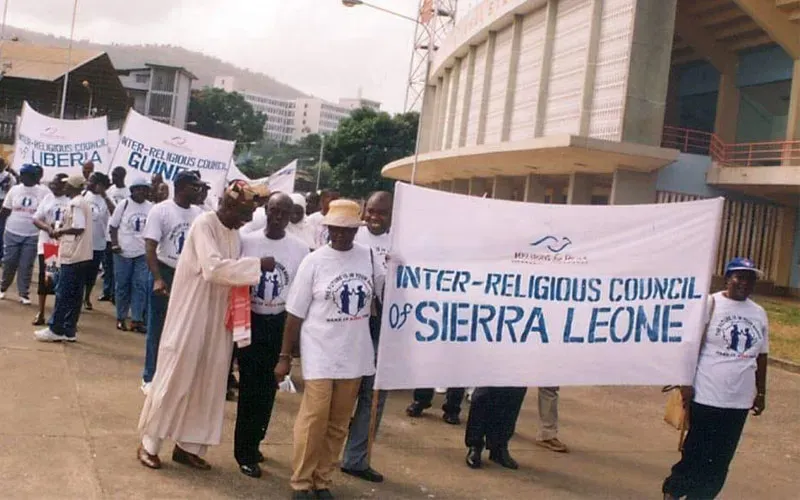“We must admit that we have all sinned and fallen short of the glory of God and the ideals of genuine patriotism to build a nation of our dreams,” he said.
He continued, “In the midst of the snake bites of hunger, poverty, terrorism, banditry, kidnapping, leaving us almost helpless, we must, like the Psalmist, say, “I look up to the heavens, where shall my help come from? My help shall come from the Lord who made heaven and earth.”
According to Archbishop Kaigama, Nigerians need to ask themselves the reason why things are not working despite the country’s “enormous blessings of God.”
“We must ask the question, why are things not working well despite the enormous blessings of God on Nigeria?” he posed, and added, “Until we desist from greed, injustice, discrimination, myopic view of religion, parochial ethnic interests instead of the common good, political insensitivity and the tendency to surreptitiously corner our common patrimony for the benefit of a few, we will continue dancing dangerously on the precipice.”
The 62-year-old Archbishop said that the fourth Sunday of Lent, otherwise known as “Laetare” Sunday, offers the people of God the opportunity to express hope and joy in the midst of their penitential Lenten observances.
It is an invitation to rejoice, he said, and explained, “We rejoice because we are already half-way into our Lenten journey and the time of our Easter joy is drawing near. Today, rose-coloured vestments may replace violet, and flowers may grace the altar, symbolizing the Church’s joy in anticipation of the resurrection of our Lord.”
Archbishop Kaigama cited Sunday’s first reading from the second book of Chronicles that speaks to the people of God’s unfaithfulness, saying that failing to be obedient to God and His commandments leads to pain, sadness and lack of spiritual progress.
“Today’s first reading from 2nd Chronicles narrates the unfortunate attitude of the people God chose as His own possession. They began to worship false gods instead of the one, true God of Israel,” he said, adding that as their punishment, God withdrew His protection from them and allowed them to be plundered by the armies of other nations, especially the Babylonians.
Sin makes people slaves and wounds them grievously, the Archbishop said. However, he added, “In the cross of Jesus, we have the antidote which removes the poison of sin from our hearts.”
The Sunday Gospel, Archbishop Kaigama went on to say, began with the story of the ancient serpent that was erected by Moses in the desert after Israel’s sin of rebellion against God followed by the bites of serpents.








